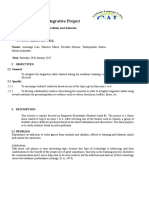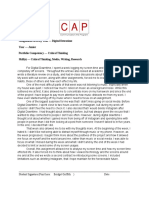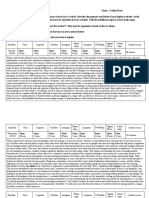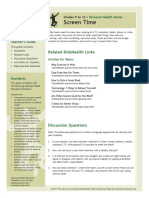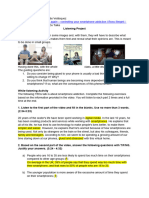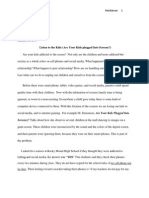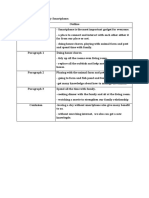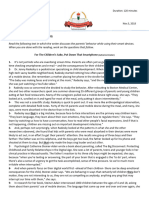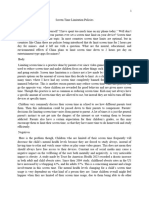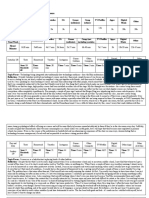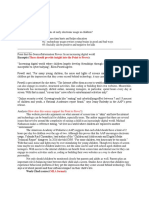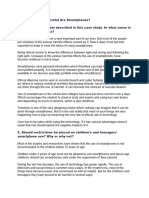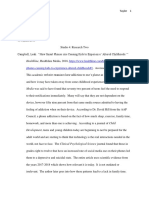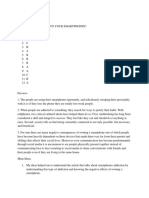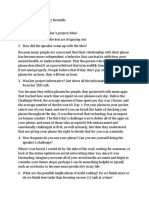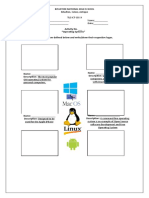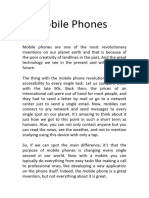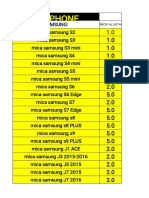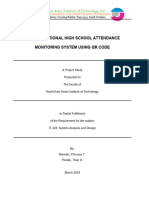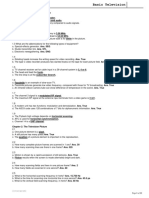0% found this document useful (0 votes)
20 views4 pagesG.P-holiday Homework: TASK-1: Describe The Issue
The document discusses the global issue of digital dependency, highlighting its negative effects on health and relationships, particularly among children and teenagers. It details a personal experience of a screen-free day, observations of family screen usage, and the positive impact of family bonding during screen-free time. The author suggests implementing a 'screen-free hour' each evening and avoiding phone use during meals to combat digital dependency.
Uploaded by
kaus9miCopyright
© © All Rights Reserved
We take content rights seriously. If you suspect this is your content, claim it here.
Available Formats
Download as PDF, TXT or read online on Scribd
0% found this document useful (0 votes)
20 views4 pagesG.P-holiday Homework: TASK-1: Describe The Issue
The document discusses the global issue of digital dependency, highlighting its negative effects on health and relationships, particularly among children and teenagers. It details a personal experience of a screen-free day, observations of family screen usage, and the positive impact of family bonding during screen-free time. The author suggests implementing a 'screen-free hour' each evening and avoiding phone use during meals to combat digital dependency.
Uploaded by
kaus9miCopyright
© © All Rights Reserved
We take content rights seriously. If you suspect this is your content, claim it here.
Available Formats
Download as PDF, TXT or read online on Scribd
/ 4









